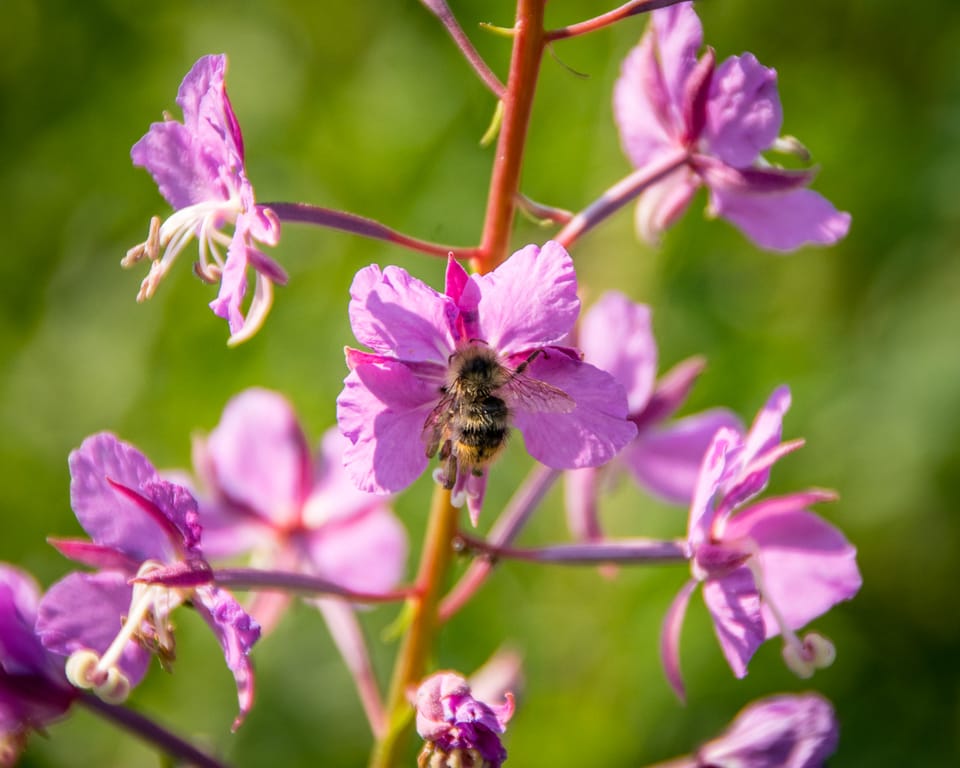EcoWest News, August 16, 2022

Welcome to EcoWest News, a weekly round-up of news and resources that you can put to use in addressing environmental issues and protecting the wild in your community.
Across the West
Glass sponge reefs are as fragile as precious crystal. They feed on bacteria, protecting the health of Howe Sound off the coast of West Vancouver by filtering the water every 90 days. [CBC British Columbia]
Climate change threatens the world as we know it, but we mustn’t let it obscure the many solvable issues that are driving ecological destruction. Better forestry and water management practices can reduce the threat of wildfires and flooding. [The Tyee]
A map of Western Canada shows where fracking-induced earthquakes could hit (e.g. Fort St. John). Important information that should be taken into account before planning further fluid injection projects (e.g. geothermal, carbon sequestration). [Water Institute]
The wasted potential of dog poop – cities such as Lethbridge have alternatives that don’t involve plastic bags or abandoned poop that’s harmful to the health of the land, wildlife, and humans. [SAGE]
Alberta’s first wildlife crossing outside of a national park is now under construction and will connect an important east-west connector and gateway to the Rockies. [Yellowstone to Yukon]
The City of Saskatoon and University of Saskatchewan are collaborating on projects to remove contaminants from stormwater and to develop energy efficiency programming for Saskatoon’s low-income renters and landlords. [USask]
Dakota Skipper and Poweshiek Skipperling butterflies raised at Winnipeg’s Assiniboine Park Zoo are being released into the wild on Nature Conservancy of Canada properties, creating greater genetic diversity and a stronger chance of species survival. [CBC Manitoba]
Around the World
Despite rising summer temperatures, only 1 in 10 European households have air conditioning. Here’s why and what we could learn from some of their architectural adaptations. [Mother Jones]
Wilder Land creates wild herb gardens on the edges of large agricultural areas. Half of the crops are collected, dried, and ground to produce tea blends. The rest are left to grow for the benefit of bees, butterflies, and other animals. [Pop Up City]
An interesting concept – Polinations is a UK festival celebrating plants, green spaces, and racial diversity. [Polinations]
DIY
A guide to heat pumps – what they are, how they work, and why you might want to get one. [The Verge]
Drought is reshaping urban norms as municipalities ban ornamental and water-guzzzling grass. [Planetizen]
On the Bookshelf
The most recent book by Edward Struzik, author of Swamplands, will be available on September 9. Dark Days at Noon recounts the history of wildfire in North America and emphasizes that we need to live with fire as the continent’s Indigenous peoples once did, rather than trying to solve or eradicate it.
Photo credit: https://www.flickr.com/photos/apmckinlay/14765697009
EcoFriendly West informs and encourages initiatives that support Western Canada’s natural environment through its online publication and the Nature Companion website/app. Like us on Facebook, follow us on Twitter, or subscribe by email.

Member discussion